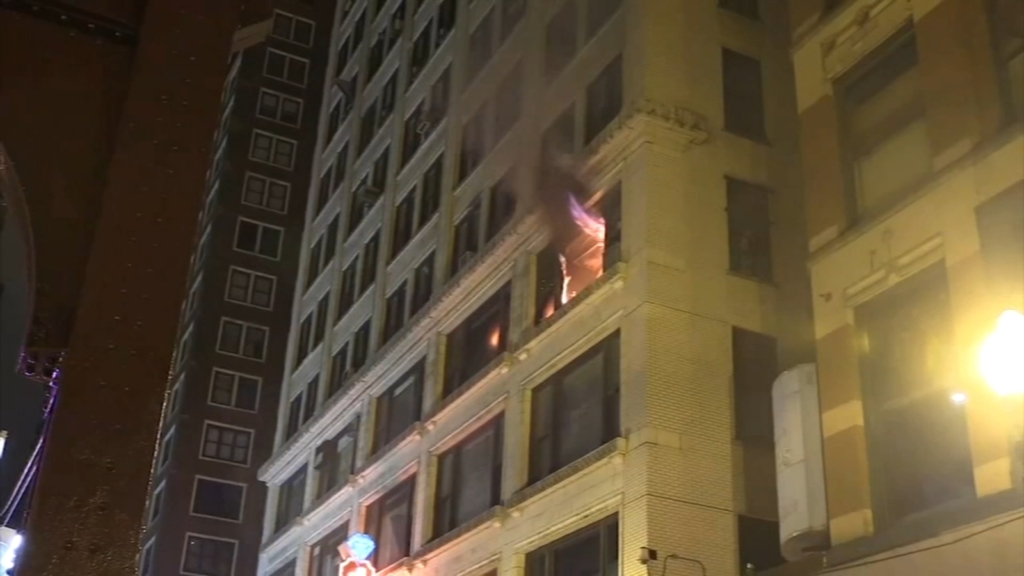Orland Park, IL (November 12, 2020) – Today’s early morning Chicago Loop high-rise fire on the 10th floor of the Mallers Building on Jewelers Row could have been prevented if the building was fully protected with fire sprinklers. The fire was a drain on fire department resources with 200 firefighters responding and two being transported to the hospital due to heat exhaustion. It was also the second fire in the building since 2018.
But now new tax incentives included in the Coronavirus Aid, Relief, and Economic Security Act, also known as the CARES Act, could allow buildings such as the Mallers Building to immediately recover costs for retrofitting fire sprinklers in their buildings. Fire sprinkler systems that are installed or upgraded in existing commercial structures from September 27, 2017, to December 31, 2022, can be fully expensed, allowing the property owner to immediately deduct the full cost of the fire sprinkler system.
The National Fire Sprinkler Association (NFSA) worked closely with U.S. legislators to pass the tax incentive bill as part of the CARES Act.
“This incentive is vital because fires in commercial properties that are not protected with fire sprinklers have a negative impact on communities,” NFSA President Shane Ray said. “These unsprinklered fires put occupant and firefighter lives at risk and can cause significant economic loss due to business interruption and closure. The results can include lost sales and tax revenues and loss of irreplaceable property. Fire can permanently close a business and may result in the loss of local jobs. Protecting a building with fire sprinklers can generate insurance savings and decrease liability risks,” he added.
“We have to protect our historic buildings from fire to preserve them for later generations,” said Erik Hoffer, executive director, Northern Illinois Fire Sprinkler Advisory Board (NIFSAB). Hoffer notes that all commercial high-rise buildings in Chicago built before the mid-1970s when codes required sprinklers, were required to be retrofitted with fire sprinklers by January 1, 2017. But the Mallers Building was exempt because it is a designated Chicago landmark building. Landmark buildings had to pass the city’s Life Safety Evaluation but did not necessarily have to fully install fire sprinklers.
“Now that there is a federal tax incentive, there is no excuse not to enhance fire safety in commercial buildings of all types,” adds Hoffer.
Business and property owners are encouraged to contact their tax advisors for more information.
###


